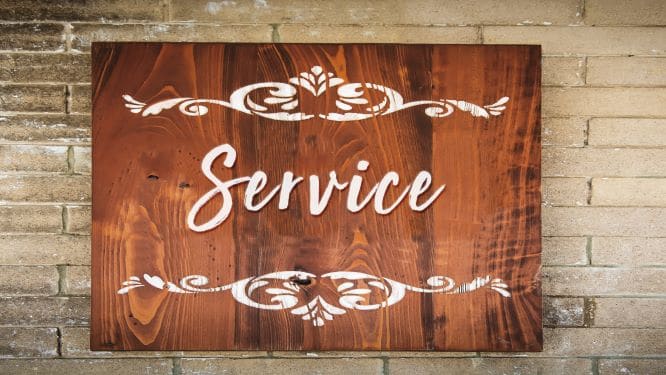Price History – Should It Inform Your Bid Proposal?

For the government contractor, one of the most challenging aspects of formulating a bid proposal is determining an appropriate price for the goods or services being offered. In determining price, the government contractor seeks to strike the right balance between remaining competitive with other bidders and building in a large enough profit margin to rationalize performing on the contract.
Given the delicate balancing act that the price proposal requires, there’s a strong temptation on the part of many contractors to seek out historical pricing information from similar previously awarded contracts. Besides, there are several publicly available resources that can provide this information (USASpending and Federal Procurement Data System immediately come to mind). That said, a government contractor would be well advised not to rely too heavily on this historical pricing information in formulating a proposal.
Five Reasons to Treat Historical Pricing With Caution
- Lack of Context: By relying exclusively on your competitor’s pricing data, you ignore the unique requirements and specifications of a particular government solicitation. You must also consider the project scope, deliverables, quality standards, compliance requirements (such as those of the Buy American Act) and other unique criteria. Ignoring these elements and concentrating only on price could result in a proposal that is insufficient and ineffective at meeting the needs of the government.
- Quality and Value Differentiation: The criteria that Government agencies use to evaluate proposals is often based on factors beyond just the price. The purchasing agency may also consider factors such as the quality of the services or products being offered, the expertise of the bidder, past performance, and the overall value provided. By focusing exclusively on competitors’ prices, you may miss the opportunity to demonstrate your unique value proposition, innovative solutions, or superior quality, which could give you a competitive advantage.
- Unrealistic Expectations: Your competitors’ pricing structure might not accurately reflect your underlying costs of providing the required goods or services. Competitors may be able to offer lower costs due to various cost structures, operational efficiencies, or economies of scale. Without a thorough grasp of your own expenses and profit potential, just matching or lowering your competitors’ pricing might result in underbidding and potential financial losses.
- Risk of Quality Compromise: If your proposal is based mainly on the prices of competitors, you may find yourself tempted to sacrifice quality or take shortcuts to meet their lower cost. This may have a detrimental effect on your capacity to provide the level of service or product quality that is required, which may result in customer complaints, project delays, or even contract cancellation.
- Lack of Flexibility: The government contract solicitation process often includes a negotiation phase – this allows bidders to seek clarification from the contracting officer and use that information to fine-tune their proposals. If your proposal is focused primarily on competitor pricing, you’ve already committed to a particular price point. This may limit your ability to adjust to any unforeseen difficulties or to improve your proposal based on the government agency’s input.
When responding to government solicitations, it’s crucial to develop a broad-ranging proposal that accounts for multiple factors, including the project specifications, your own capabilities, your value proposition, and an astute awareness of your costs and profit potential. By focusing exclusively on competitors’ prices, a government contractor risks overlooking these critical elements, and this could result in an unsuccessful offer.
Conclusion
If you don’t win, it’s okay. Just make sure you learn from the loss, as those are the best lessons. Remember, success in government contracting is a marathon, not a sprint. Even in circumstances where a government contractor offers a lower price than a competitor and still loses the competition, the information gained from that process can be much more valuable in the longer term than winning a single contract. Strongly consider requesting a debrief from a government contracting officer if you lose a competition–the insights gained from that process can be invaluable!
To learn more about pricing strategies for government contract bids, check out Govology’s on-demand webinar Strategic Pricing by Robert Jones.



